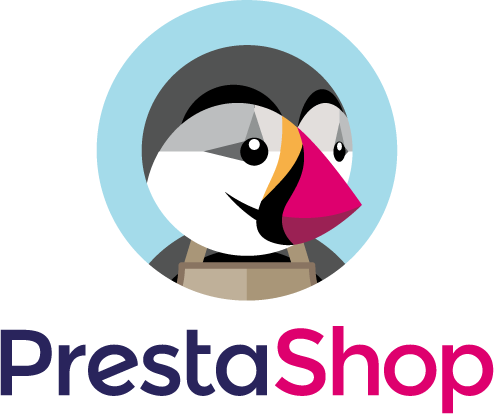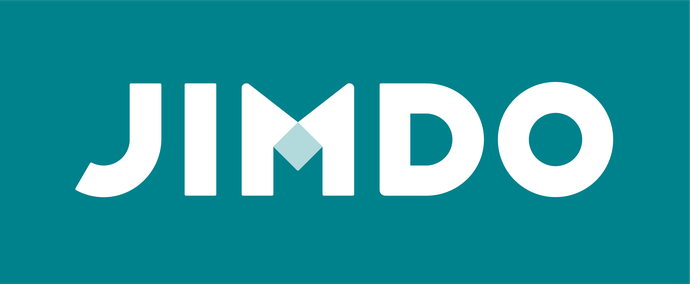A content management system (CMS) is a software application or set of tools that is used to create and manage digital content. It is designed to make it easy for users to add, edit, and publish digital content, such as text, images, audio, and video, to a website or other online platform.
CMSs typically include a user-friendly interface that allows non-technical users to update and manage the content on their website without requiring any coding or technical expertise. They also often include features such as templates, formatting tools, and workflow management to help users create and publish high-quality content efficiently.
CMSs are used by individuals, small businesses, and large organizations to create and manage websites, blogs, e-commerce platforms, and other online properties.
Which CMS should you choose to create your website given their constantly growing number on the market? In order to help you make the best choice, we have listed for you in this article a list of the best CMS to create your website in 2023.
1- WordPress

Il est fort à parier que vous avez déjà entendu parler au moins une fois de WordPress. C’est simplement le meilleur et le plus populaire des CMS open source disponible sur le marché avec plus de 60 millions d’utilisateurs. Il tient bien évidemment sa popularité à cause de sa gratuité puisqu’il faut seulement disposer d’un hébergement pour installer facilement son site.
Au départ conçu pour être une plateforme de blog, de nombreuses extensions lui ont été ajoutées afin de permettre aux utilisateurs de s’en servir en tant que système de gestion de contenu fonctionnel. Avec ces extensions, il devient plus facilement qu’on soit novice ou professionnel de créer tous types de site web : des sites de membres, des forums, des blogs et des boutiques de commerce en ligne.
Chances are you’ve heard of WordPress at least once. It is simply the best and most popular open-source CMS available on the market with over 60 million users. It obviously holds its popularity because of its freeness since you only need to have accommodation to easily install your site. Originally designed to be a blogging platform, many extensions have been added to allow users to use it as a functional content management system. With these extensions, it becomes easier for a novice or a professional to create all types of websites: member sites, forums, blogs, and e-commerce stores.
Just choose the type of hosting that best suits your needs and entrust yourself to reliable and secure web hosting providers, such as Hostinger, who will take care of the management of your domain name and the maintenance of your site. WordPress.
Using such a provider brings you many advantages: among these is the automatic update of the most current version of WordPress or unlimited storage.
With WordPress, there are more than 60,000 plugins and templates available for free for creating a website. It also offers a fairly quick installation thanks to an assistant (Wizard). Similarly, the proposed URLs are suitable for search engines and therefore facilitate good referencing.
2- Joomla

Joomla is the second most popular open-source content management software (CMS) in the world after WordPress. It has over 2.5 million installs worldwide. It is software that is well suited for beginners and professionals, but its interface is not as user-friendly as that of WordPress. Joomla offers from the basic installation many features necessary for the creation of a website without necessarily having to use extensions.
Likewise, this software has good documentation in the form of an online book and an active community forum to support you in the process of creating the website. Joomla also has multilingual support out of the box. This allows you to do without extensions or plugins to add other languages to your site. With Joomla, you have more than 8,000 different extensions to create any type of site.
3- Drupal

Here is also another big name in open-source CMS on the market. Although less popular than the previous two, Drupal is used by some popular websites around the world. It owes this popularity to its level of security. And it is the latter that most reassures government organizations, medical institutes and universities to adopt it. This content management software is not unlike the first two suitable for people who do not have a great knowledge of development. Similarly, Joomla has a more powerful taxonomy system than its competitors. Among the many benefits of Joomla we have:
- a multilingual content management system;
- a very high level of security;
- a large French community to turn to for assistance when needed;
- over 44,000 expansion modules;
- more than 1,300 distributions of complete solutions dedicated to specific applications.
- Read also:
- Shopify Plugins: Top 10 Best Apps for your E-commerce
- Top 8 best YouTube channels to learn video editing
- Top 7 Best Drawing Apps for Android and iOS
- Drawing Apps for iPad: Top 6 Tools You Should Know
- 7 best apps for fuel prices iOS and Android
- Top 7 Best Flight Tracking Apps for Android and iOS
- 7 Best Pet Apps For Android And iOS In 2022
- Top 11 Best Free Weather Apps for Android and iOS
- The 11 Best Online Shopping Apps
- how to reset your instagram account
- How to Tell If Someone Else Is Using Your Twitter Account
- How to Automatically Post From Facebook to Instagram
4- Shopify

Unlike the content management software (CMS) presented so far, Shopify is not open source and is free. We are in the presence of a very powerful online software that makes it easy to create an e-commerce site without much basic development knowledge. Beginner or expert in website creation, with Shopify, you give free rein to your imagination and inspiration to design the best showcase for your brand.
With Shopify, you will not need to subscribe to web hosting before designing your site. Indeed, it is a hosted tool with a simple and intuitive configuration and administration interface. In just a few hours you can easily create your quality online store with a professional look. Shopify is:
- 14-day free trial;
- many themes and extensions or plugins;
- the world’s best e-commerce website builder;
- ease of use;
- no basic knowledge of web development to create an e-commerce site.
5- PrestaShop

PrestaShop is also a CMS software dedicated to the management and creation of an e-commerce site. These services have been used by more than 300,000 e-shops around the world. It has therefore become a reference in terms of creating an e-commerce site. PrestaShop comes in two versions: the open-source version and the online version. The open-source version is less expensive than the second version but still requires a hosting subscription. The second version already has hosting and offers ease of configuration. This CMS software also offers many features and extensions for creating a quality e-commerce site with very good designs.
6- Jimdo

Jimdo is an online website creation software. Whether in the paid or free version, you can create a quality site in just a few minutes, whether it is an e-commerce site or a blog. Jimdo supports its users in choosing the perfect design for the site being created and its referenced content. With a simple and intuitive interface, this CMS software is very suitable for beginners in development since it saves them the necessary passage to coding. It also offers HTTPS encryption standards in order to better secure the data of its users.
7- E-monsite

E-monsite is an online site creation software. Simple and easy to use, this CMS software can be used by beginners in web development in the creation of e-commerce sites or all types of blogs. Similarly, it allows web development experts to add HTML, CSS, or JavaScript codes as they wish to customize the available plugins. E-monsite is a hosted CMS software and offers unlimited traffic to its users. It also allows to:
- take advantage of numerous options for sending newsletters;
- connect your social networks to your site;
- add many pages to your site;
- create a multilingual site.
Ultimately, the best CMS for you will depend on your specific needs and goals. It’s a good idea to research and compare the features and capabilities of different CMS to determine which one is the best fit for your project.
